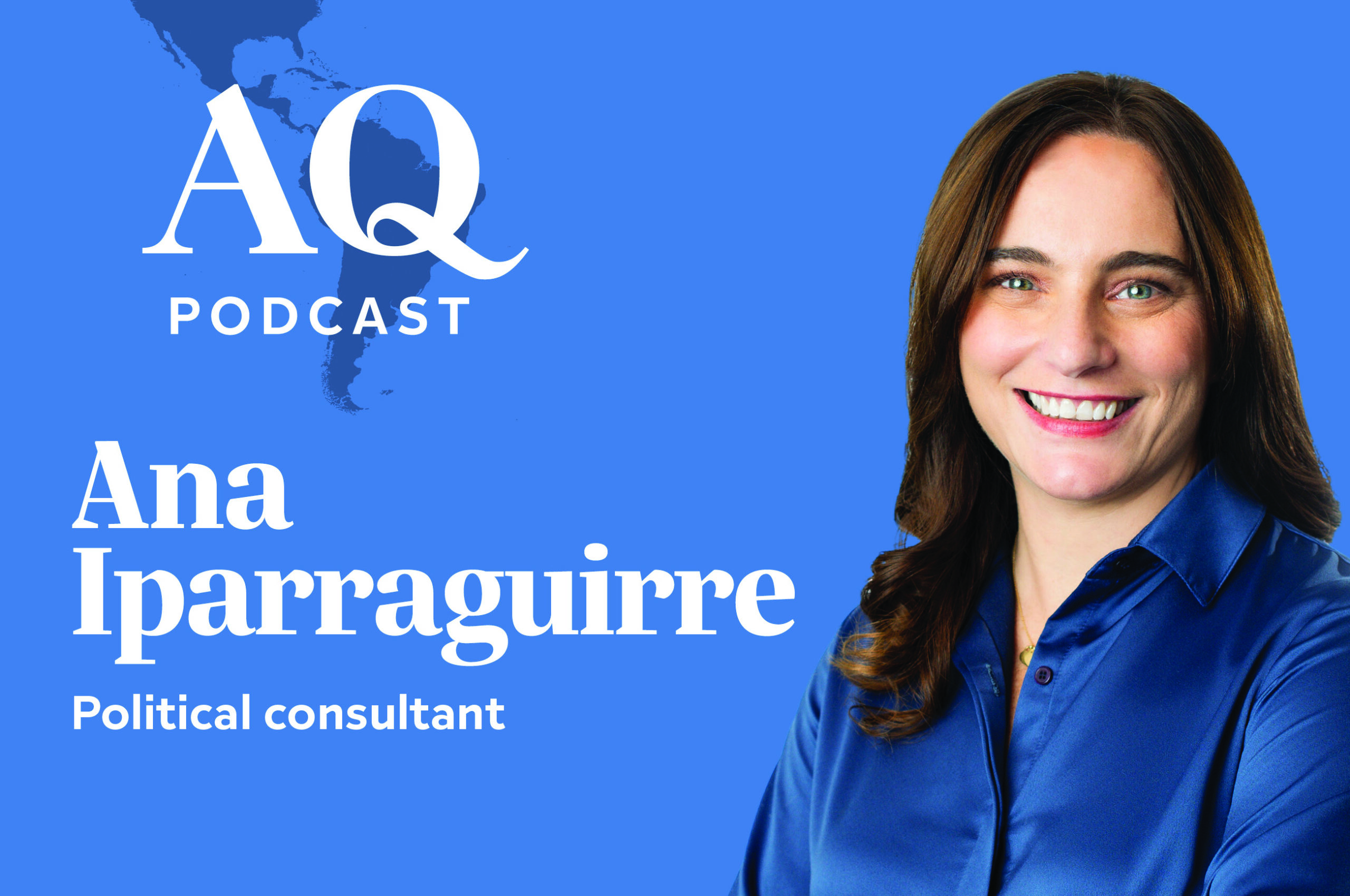Venezuela Votes "No"
Venezuela Votes "No"
In a Sunday referendum, Venezuelans narrowly rejected sweeping constitutional changes. President Hugo Chavez, suffering his first electoral defeat since gaining office in 1998, accepted the loss "for now." AS/COA’s Latin America Conference featured a discussion panel on the referendum.
Venezuelan President Hugo Chavez suffered his first electoral setback since taking office when voters rejected his proposals for sweeping changes to the constitution on Sunday. The constitutional changes, which included an article eliminating presidential term limits, were voted down by an extraordinarily small margin. In the two ballot measures covering the reforms, the “no” votes edged out the “yes” by 1 percent in one case and even less in the other.
High voter abstention played a role in the outcome; more than 44 percent of voters failed to head to the polls. Low turnout in poor districts, where Chavez typically garners support, indicated the president’s followers were unsure about the constitutional overhaul.
In the days leading up to the vote, polls showed a tight race and concerns grew that Chavez would not recognize a narrow loss. Yet shortly after the National Electoral Council announced the results early Monday morning, Chavez conceded defeat “for now” in what he called a “photo finish.” Leopoldo Lopez, popular opposition mayor of a district of Caracas, said, “This reform was about democracy or totalitarian socialism, and democracy won.”
The reforms sought to revise 69 of the 350 articles of the 1999 constitution, which replaced the 1961 constitution and was ratified by popular referendum during Chavez’s first year as president. The 1999 constitution restructured the government, reduced the bicameral legislature to a unicameral national assembly, strengthened presidential powers, and guaranteed access to education and health care.
If Sunday’s referendum had been approved, it would have given Chavez a far-reaching mandate. In addition to eliminating presidential term limits, changes included an end to the Central Bank’s autonomy, the suspension of the right to information and due process during states of emergency, government expropriation of land without judicial review, and incorporation of Chavez’s People’s Bolivarian militia into Venezuela’s military.
The opposition gained momentum in recent weeks. Violent clashes occurred on several university campuses throughout the country as students protested the proposed constitutional changes. The Chavez camp suffered another blow when former ally Raul Isaias Baduel, who stepped down as defense minister earlier this year, urged the public to vote against the referendum.
Chavez’s combative foreign policy moves in the weeks leading up to the referendum appear to have done little to help him win support. Days before the vote he threatened to halt the Venezuelan supply of oil to the United States should Washington question a victory for the "yes" votes. Over the course of November the president also engaged in verbal sparring with his Colombian counterpart and Spain’s monarch. During the same period, Venezuelan inflation rate hit the highest mark in five years, reaching 4.4 percent.
But while the opposition celebrates victory, some experts warn Chavez will maintain a strong power grip. During an AS/COA panel discussion on the referendum, Michael Penfold-Becerra of Caracas’ Instituto de Estudios Superiores de Administración and Andy Webb-Vidal, a former Caracas-based Financial Times correspondent warned that the Venezuelan Enabling Law passed in January 2007 allow Chavez to continue to rule by decree. Latin Business Chronicle predicts he will continue to radicalize his country’s economy.
Venezuelan Ambassador to the United States Bernardo Álvarez Herrera recently visited AS/COA and discussed Venezuela's path to constitutional reform. AS/COA’s 7th Annual Latin America Conference featured a special discussion panel on Sunday’s referendum. View a webcast of the event.






